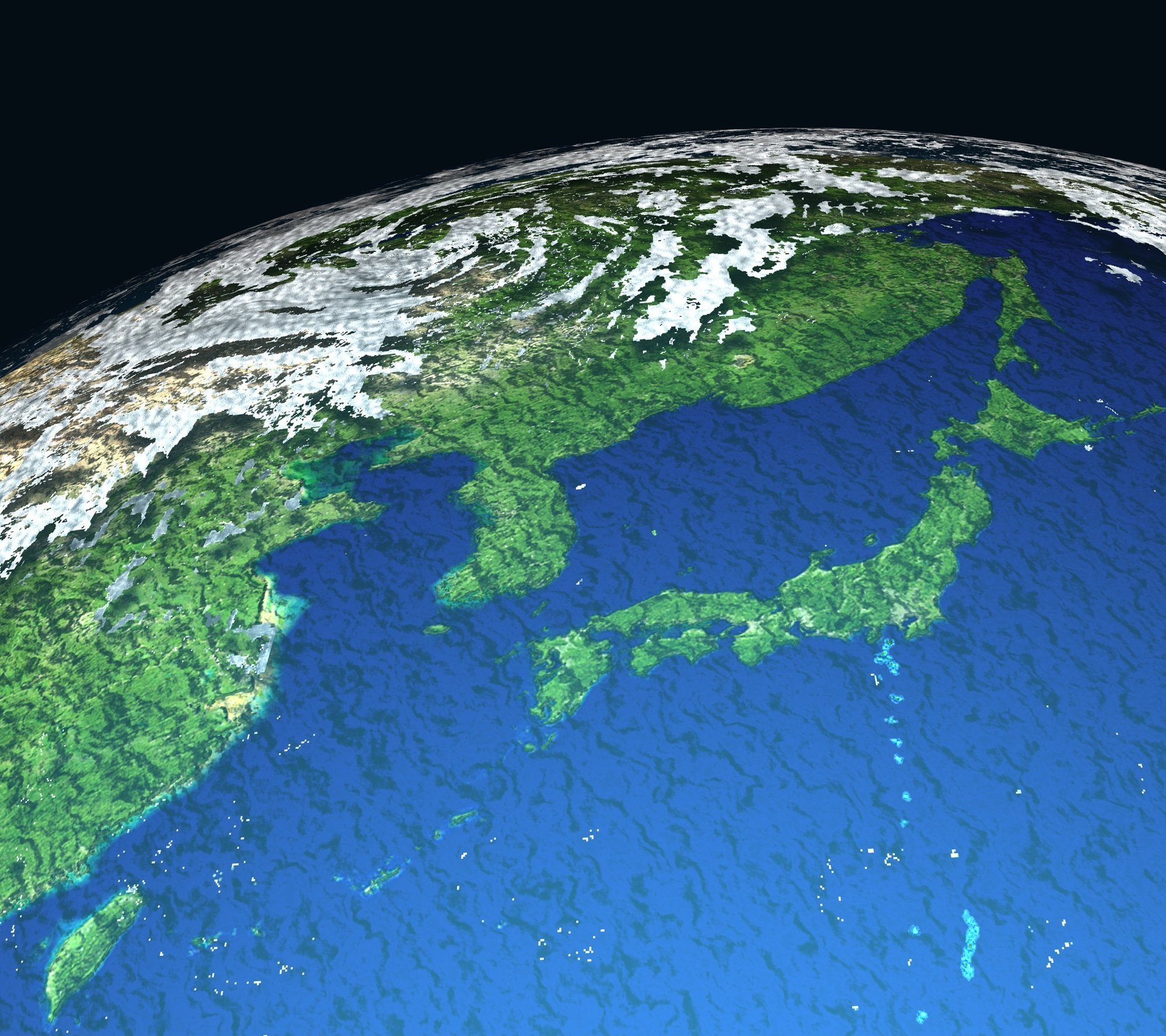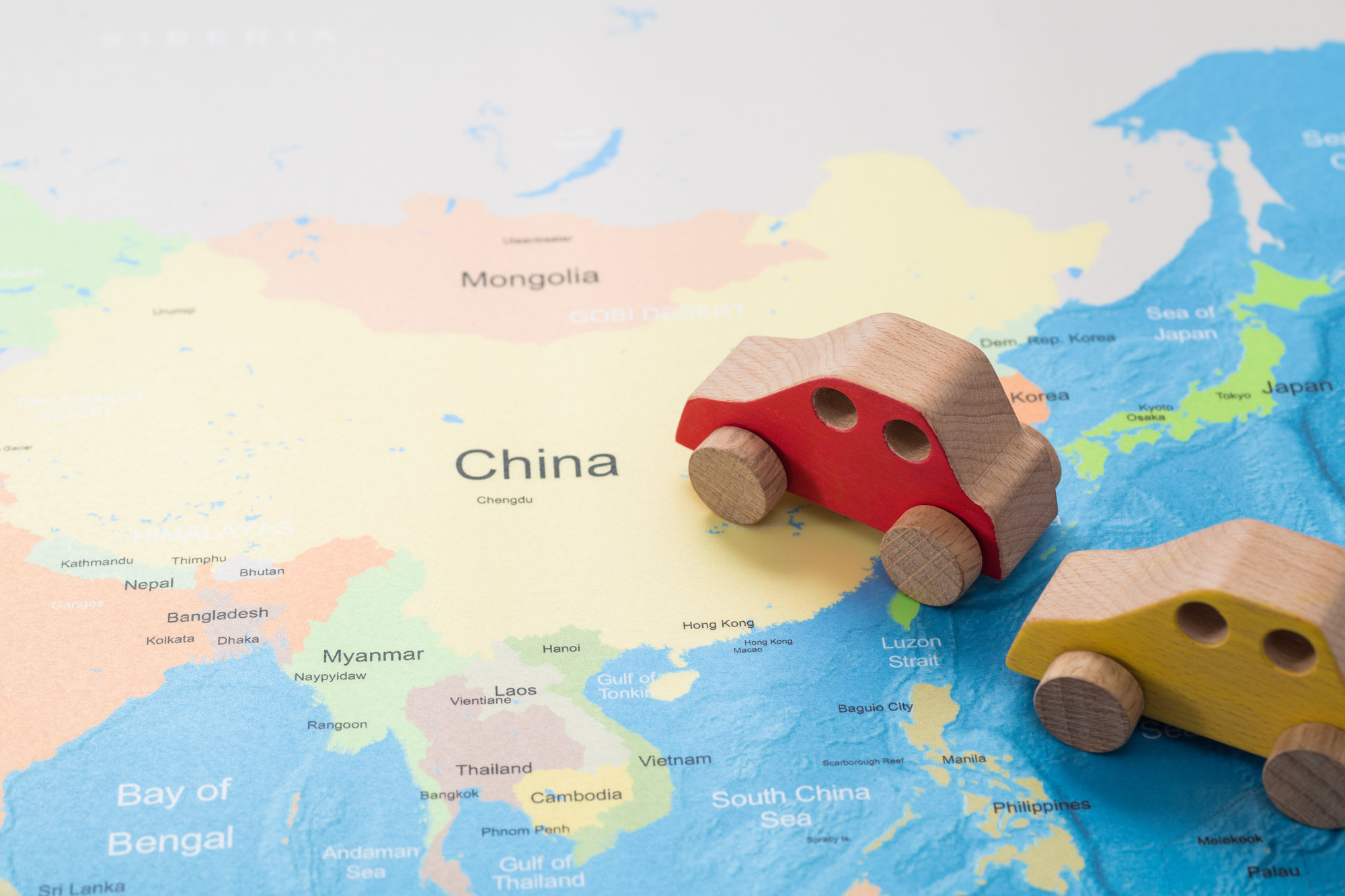2014/08/01
No. 201: Keiko Iizuka, "What the US Now Craves from Japan"
[PDF version]
As Russia's President Putin keeps stirring up anxieties, the downing of Malaysia Airlines Flight MH17 on July 17 has brought about a significant sea change in European opinion. Germany and France are moving closer to the United States and taking concerted action vis-à-vis Russia.
Until then, President Obama had not been able to fully unite major European powers behind the US in imposing tougher sanctions against Russia. The G7 Summit held in Brussels on June 4 and 5 did not yield him Germany and France's full support. Indeed, it required 298 lives, more than two-thirds from Europe, in order to change the minds of Europeans and convince them to stand up and confront Russia.
Ahead of the G7 Summit, President Obama visited Poland, where he emphasized a policy of strengthening US engagement in talks with leaders of Eastern European countries seriously concerned about the threat of Russia.
This was reminiscent of his April visit to Japan, South Korea, and other destinations in Asia, where the actions of an increasingly assertive China are casting a shadow on the region.
In a mere month and a half Obama called on major allies in Asia and Europe and met with their leaders. The key aim in all of these meetings was to reassure these allies by reaffirming the US' commitment to their defense.
China in Asia and Russia in Europe have been threatening the sovereignty of territorial lands and seas and destabilizing the international order, and US allies have become deeply concerned about US engagement. Obama has verbally pledged US commitment in a number of summit meetings and speeches, but the troops, equipment, and financial resources available to him are limited, making it difficult to reinforce the US' two-front posture in Asia and Europe.
The April 24 Japan-US summit meeting held against this backdrop saw the two parties pursuing mixed agendas.
The two main topics discussed in the meeting between Prime Minister Abe and President Obama were the future of the Japan-US alliance in the face of China's military rise and the Trans-Pacific Partnership (TPP).
Obama positively stated that the Senkaku Islands in Okinawa Prefecture were covered under Article 5 of the Japan-US Security Treaty stipulating US obligations in the defense of Japan. Such a pronouncement by the US president himself had long been awaited in Japan.
Extended talks between the US and Japan on TPP were held after the summit. A joint statement released the next day (April 25) claimed "we have identified a path forward on important bilateral TPP issues."
Based on reliable information, the Yomiuri Shimbun reported that Japan and the United States had reached a "basic agreement" after discussions on topics including the key five categories of agricultural products (e.g., beef, pork and rice) as well as safety standards on vehicles, but neither government offered any specifics publicly.
This outcome drew quite a few criticisms immediately after the meeting from the Washington policy community, protesting that the president had given Japan everything on security but received nothing from Japan on trade.
The reasoning here is that security and trade should be considered a package deal with Japan and that, if Japan was unwilling to compromise on beef tariffs and other trade issues, the president himself had no need to go on record regarding the defense of the Senkaku Islands.
However, this assertion misreads what the Obama administration is actually seeking from Japan now. The international circumstances making the US most nervous at the moment merit a closer look.
What the US wants most now is for Japan to stand with the US on its policy toward Russia. Since Russia's annexation of Crimea in March, the Obama administration has worked to isolate Russia from the international community, and has called on Europe and Japan to join it in implementing sanctions.
Although the recent G7 Leaders' Communique had strong words of criticism for Russia, imploring the G7 members to unite in denunciation of the continued infringement of Ukrainian sovereignty and territory and to step up sanctions if necessary, Europe was in fact ambivalent about additional sanctions. It was not until the shootdown of MH17 that Europe moved closer to the US line. This meant that strong support from Japan for the US position took on even more significance.
Japan's Prime Minister Abe, however, is hoping to bolster energy development and other economic cooperation with Russia and make progress on the Northern Territories issue, so he appears to be leaving room for his own diplomacy with President Putin.
A variety of behind-the-scenes exchanges have taken place between Japan and the US since the summit. When Japan has expressed concern that pressuring Russia too much could push it closer to China, the US has countered by insisting that genuine collaboration between China and Russia is hardly possible. When Japan has asked the US for an "exit strategy" on the Russia issue, the US has responded by asking Japan for an "exit strategy" on the China issue.
In other words, the US does not see its current relations with Japan as a "security and trade" bundle, but rather as a "China and Russia" package deal. Just as Japan is monitoring US reaction on both Crimea and the Senkakus, the US is seeking a concrete response from Japan on both China and Russia. These are quite odd patterns in the history of Japan-US relations.
On this basis alone, it could be said that the US' power is waning and Japan's significance is growing, but the Japan-US alliance still very much remains the foundation of Japan's foreign policy. The Abe administration must firmly pursue policies toward Russia and China without harming this foundation.
Sophisticated and well-thought-out diplomatic tactics will no doubt become essential for such a long-lived administration as this one. Japan is now in an era of developing its own long-term security strategy after nearly a decade of weak and short-lived leadership, so it needs all the more to be both bold and careful, especially when coordinating with the US.
Keiko Iizuka is Washington Bureau Chief for the Yomiuri Shimbun, Japan's daily newspaper. She earned her bachelor's degree from Sophia University in Tokyo, and master's degree in international security from Fletcher School of Law and Diplomacy in Medford, Massachusetts, U.S.A. She served as Yomiuri's Deputy Political Editor, Chief correspondent at Japan's Prime Minister's Office, and Editorial Writer. She is a former correspondent in Okinawa and London. She was a Visiting Fellow at Brookings Institution in 2008-09.
The views expressed in this piece are the author's own and should not be attributed to The Association of Japanese Institutes of Strategic Studies.





